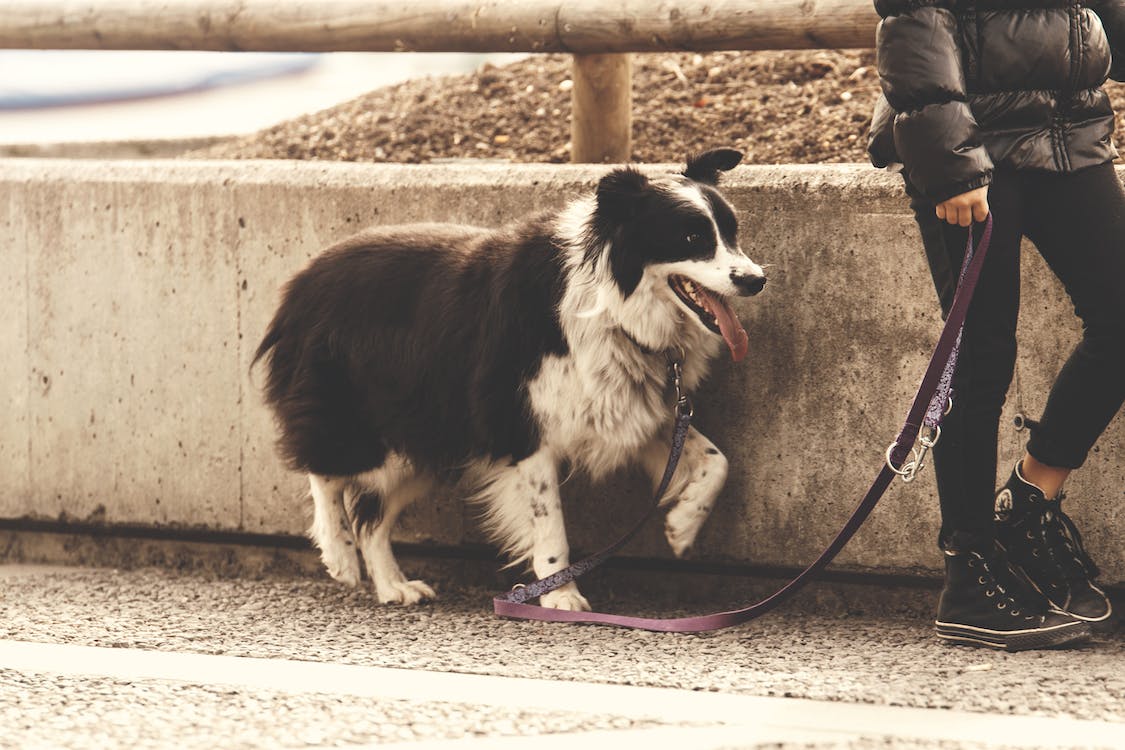It starts as soon as you walk in the door – a high-pitched, pleading whine coming from your canine companion. Why do dogs whine in the first place? Is something wrong or are they just trying to get attention?
Dog whining can be caused by a number of reasons ranging from excitement to anxiety to pain. Learning the triggers behind your own dog’s whining can help you address the behavior appropriately.
In this article, we’ll explore the most common causes of whining in dogs and provide actionable tips to reduce excessive vocalizations. Let’s get to the bottom of what your pup is trying to “say” with their whining.
Why Do Dogs Whine?
Whining is a form of communication stemming from canine ancestry. Wild wolf pups whined to get attention from their mother and pack members. Dogs continue this instinctive behavior to elicit a response from people.
Here are some of the most common triggers behind dog whining and how to identify them:
Excitement
Dogs may whine in anticipation of an enjoyable event like going for a walk, car ride, or playing with a favorite toy. It’s an expression of eagerness. Look for “happy” body language like wagging tail, perked ears, bouncing.
Attention-Seeking
Like a child saying “notice me!”, dogs whine to get attention from busy owners. Especially common if ignoring, insufficient playtime, or inconsistent attention. Watch for nagging whines with sustained eye contact.
Anxiety
Stress, fear, or separation anxiety can cause anxious whining. Dog may pace, pant, and havedilated pupils. Whining escalates when triggers occur like owners leaving or a storm approaching.
Discomfort
Illness, injury, arthritis, dental problems, gastrointestinal issues, or other ailments can cause discomfort that leads to whining. Look for licking specific areas of the body as well.
Need to Go Out
Whining by doors or crates may signal a young pup or untrained dog needs to urinate or defecate. Only reinforce after they go potty outside, not for the whining itself.
Boredom
Under-stimulated dogs may whine for activity or mental enrichment. High energy breeds prone to this when exercise needs aren’t met. Whining lessens with sufficient play, training, or food puzzles.
Pay close attention to context clues to determine the root cause behind your dog’s vocalizations. Then you can address it appropriately.

How to Reduce Excessive Dog Whining
If your dog’s whining has become excessive, here are some training tips to help minimize the behavior:
Ignore attention-seeking whines – Refuse to interact or reward your dog until they settle down. Only give attention when calm and quiet.
Reinforce calmness – Use positive reinforcement when your dog is relaxed and not whining by providing treats and affection.
Identify triggers – Monitor to see if the whining is situation-specific then work on desensitization training.
Increase exercise – Ensure your dog gets adequate daily activity for their age and breed to prevent boredom.
Provide enrichment – Rotate novel toys, chews, food puzzles to keep your dog mentally stimulated.
Crate train – Use crates as a relaxing sanctuary with proper conditioning, not a punishment.
Consult a trainer – If anxious whining, hire a certified professional to address the underlying issues.
See your vet – Rule out pain, illness, cognitive issues, or medication side effects.
With time and consistency using positive approaches, you can help minimize excessive vocalizations. But sometimes limited whining is normal, so be realistic.

When to Worry About Dog Whining
As long as you’ve ruled out pain and illness, intermittent whining during exciting situations or as an immediate request is usually fine and can be ignored.
However, seek professional advice if your dog’s whining is:
- Frequent and excessive despite training.
- High-pitched and urgent sounding.
- Causing vocal cord strain or hoarseness.
- Accompanied by destructive behaviors.
- Disturbing neighbors or others with loud intensity.
- Causing anxiety for other pets in the home.
Excessive, frantic, and out-of-context whining can seriously impact quality of life. Your vet and a trainer can help uncover the root cause and develop an effective management plan.
When to Allow Whining
While minimizing pet whining is ideal, there are some situations where permitting it briefly is reasonable:
- Whining due to pain or illness that needs veterinary diagnosis.
- When crated for short periods while acclimating to training.
- Right before meals while teaching patience and impulse control.
- When eager to go out for a walk or ride after grabbing leash/keys.
- During initial introductions to unfamiliar people or dogs.
- While playing fetch to express eagerness and enjoyment.
Allowing some expressive whining is normal. Just avoid rewarding attention-seeking whines at inappropriate times. Be selective about when you reinforce.

Frequently Asked Questions
Still have questions about understanding dog whining? Here are some common queries:
Why does my new puppy whine a lot?
Puppies naturally whine when seeking comfort, food, warmth, playtime, and contact from littermates. It’s normal initially. Use positive training to teach patience and proper manners as they mature.
Why does my dog whine when I leave?
Dogs are social animals. Separation often triggers whining. Ease their anxiety by keeping departures/arrivals low-key, providing stimulating toys while gone, and training using gradual absences.
Is my dog whining because they’re hungry?
It’s possible if whining coincides with mealtimes. Look for additional hunger clues like licking lips, following you, pacing. Adjust meal portions if they gobble up food too quickly.
Why does my senior dog whine at night?
Cognitive decline, discomfort from arthritis, incontinence, and disorientation can cause nighttime whining in senior dogs. See your vet to assess causes and Rule out medical issues.
Can I give my dog anti-anxiety medication for whining?
Your vet may prescribe medication for excessive stress-related whining but only after ruling out other causes first. Training and environmental management are still critical too.
Pay close attention to context so you can understand what your dog is trying to communicate through whining. With time and positive training, you can minimize excessive vocalizing. Let us know if you have any other dog behavior questions!



